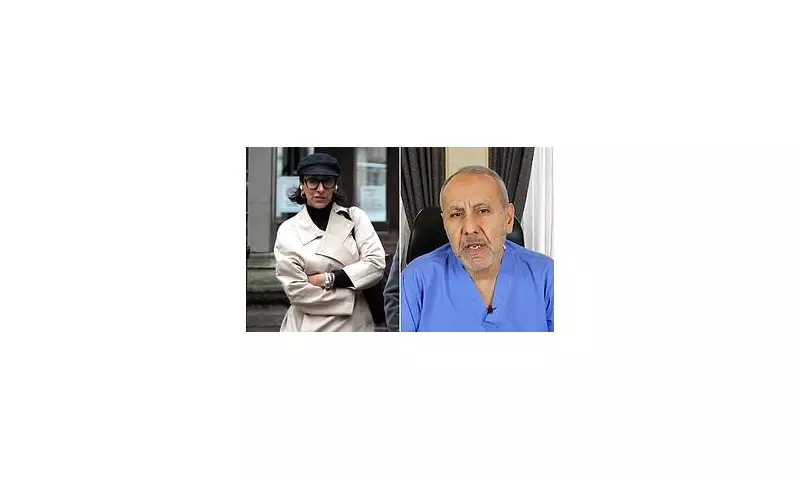
IVF 'Bootcamp' Ends in Court Battle Over Stroke
A businesswoman who sought millions in compensation from a private IVF clinic after suffering a stroke that caused lasting vision loss has lost her High Court claim. Navkiran Dhillon-Byrne, 51, initiated legal action against the Assisted Reproduction and Gynaecology Centre (ARGC) in London and its medical director, Dr Mohamed Taranissi, arguing that an additional immunotherapy treatment she received during her fertility journey caused her stroke.
The Controversial Treatment and Its Aftermath
In April 2018, Ms Dhillon-Byrne began a private IVF treatment cycle at the prestigious Wimpole Street clinic. As part of her regimen, she underwent a pioneering, though controversial, 'add-on' therapy known as Intravenous Immunoglobulin (IVIg). This treatment, designed to modulate the immune system to support pregnancy, is not licensed specifically for fertility purposes and remains a topic of debate within the medical community.
Tragically, just ten days after her treatment cycle concluded, Ms Dhillon-Byrne suffered a stroke. She told Central London County Court that the event left her with ongoing visual and psychological problems, profoundly impacting her life.
The Core of the Legal Dispute
The marketing executive, who holds a senior position at an international software company, claimed the IVF clinic in London failed in its duty of care. She asserted that staff did not provide adequate warnings about the specific risks of thrombosis, or blood clots, associated with the IVIg treatment. Furthermore, she contended that the clinic overestimated her chances of a successful pregnancy, which she claimed were actually as low as 10%.
Her legal team argued that had she been properly informed of these fertility treatment risks, she would never have consented to the procedure. This alleged failure to secure her 'informed consent' formed the basis of her medical negligence claim for damages, which lawyers indicated could have been worth millions of pounds.
The Court's Ruling
After an eight-day trial, Judge Luke Ashby delivered his judgment. While he acknowledged the "truly heart-wrenching" nature of Ms Dhillon-Byrne's experience, he ruled that she had not proven her case. The judge found that she had been given sufficient information about the potential risks and benefits of IVIg to give her informed consent.
Crucially, on the matter of causation, Judge Ashby stated that the claimant had only shown that the IVIg treatment "possibly materially contributed to" the stroke, not that it "probably did." This legal threshold was not met, leading to the dismissal of her claim. The judge also noted that even with 'gold standard' advice, he believed she would have proceeded with the treatment regardless.





